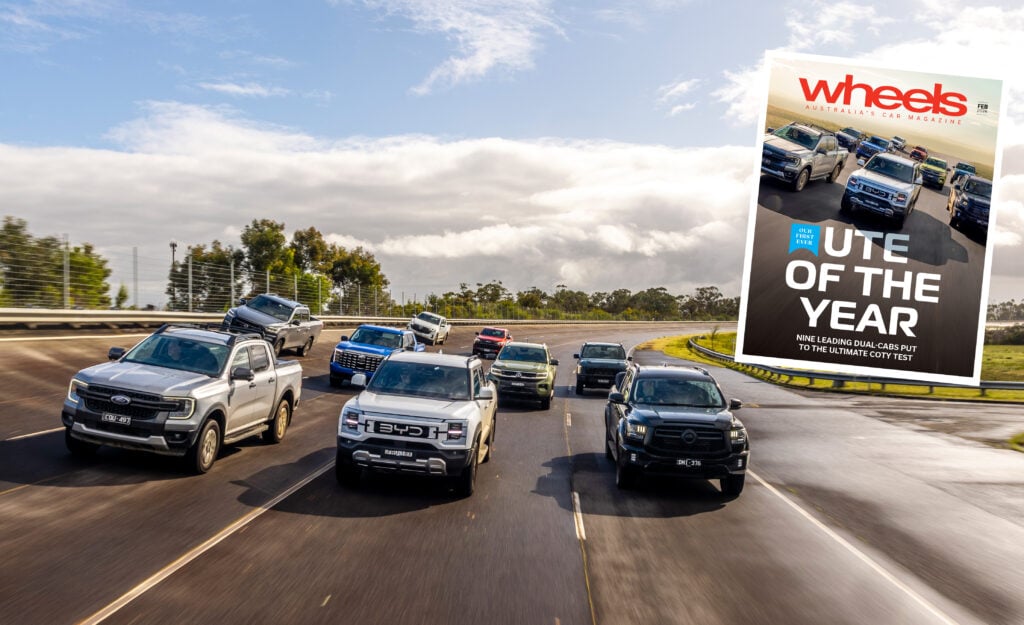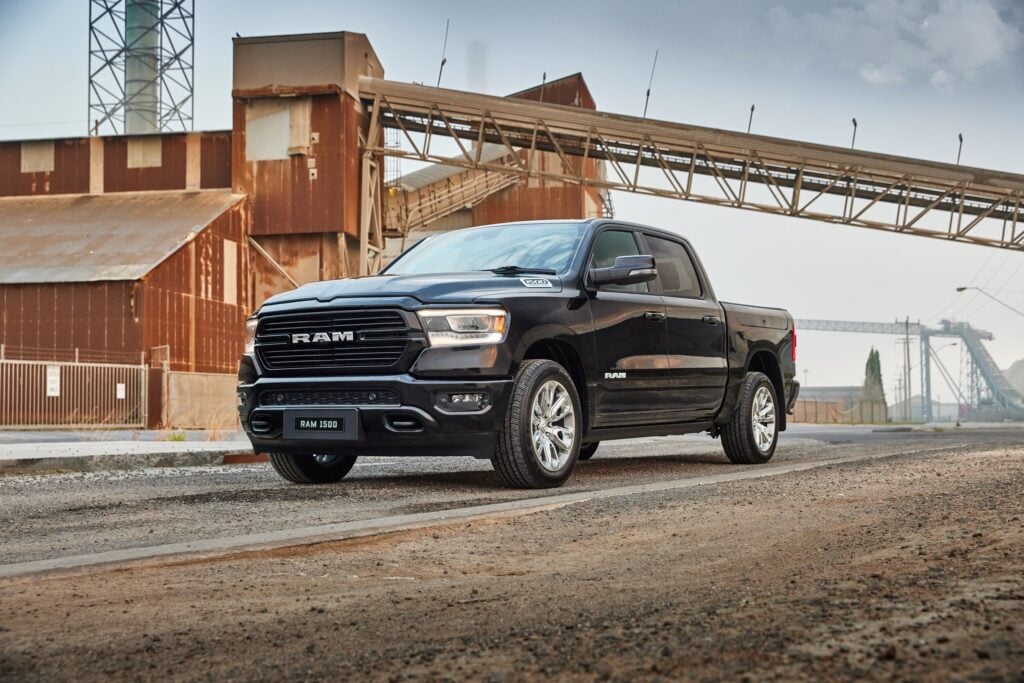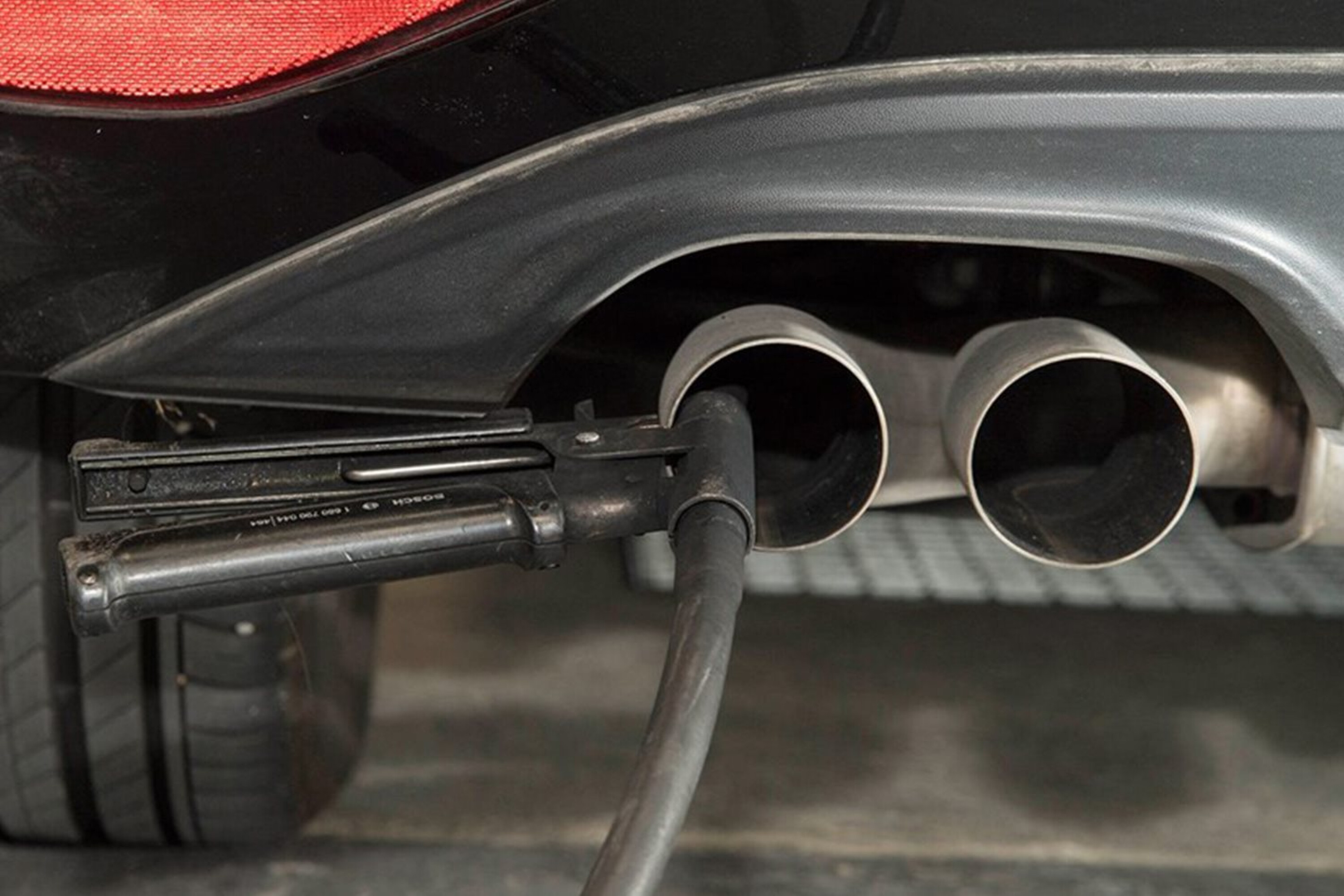
Australia’s major car brands were generally supportive, in principle, of Australia’s proposed fuel-efficiency standards when WhichCar asked recently.
The Federal Chamber of Automotive Industries (FCAI), however, has not been as supportive of the New Vehicle Efficiency Standard (NVES), outwardly at least.
FCAI chief Tony Weber questioned whether the Government’s proposed standards were achievable. He suggested Australia should “consider adopting the type of targets that are currently in place in the United States”, supported with financial incentives for buyers.
Weber also claimed the NVES would raise the price of a Ranger Raptor by $6000, and some other vehicles by up to $25,000.
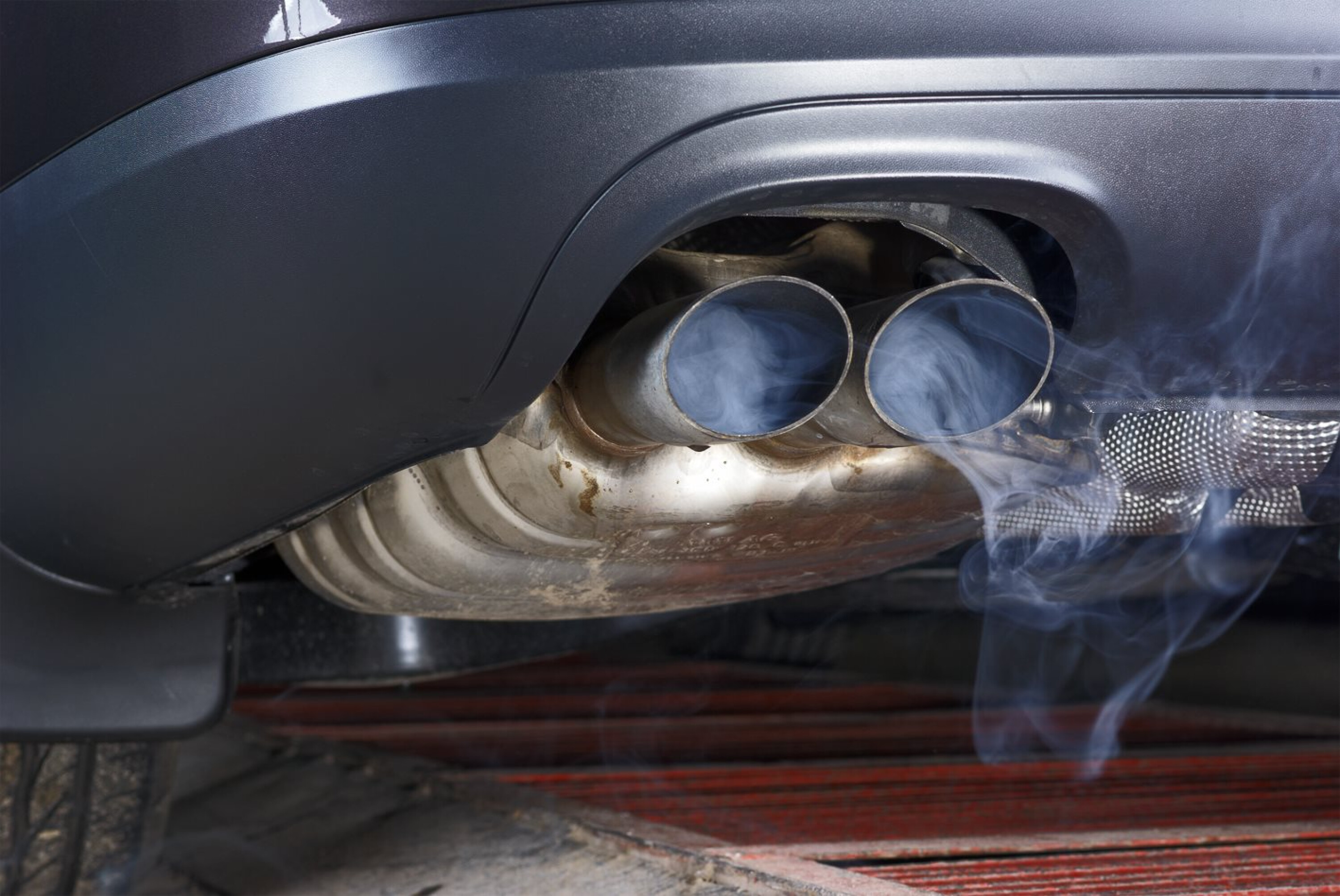
The FCAI warned the NVES will cost consumers $29 billion, based on the current range of models sold – but a 2022 report suggests this number could be overblown.
In 2022 the FCAI engaged S&P Global Research to model the future Australian car market. S&P advised FCAI that electric cars and utes will dominate the light vehicle market in Australia by 2030, even without an efficiency standard.
It’s possible, then, that the FCAI’s claimed cost of the NVES is higher than the real cost in a market transitioning towards more efficient vehicles – and higher than would be projected based on their own study.
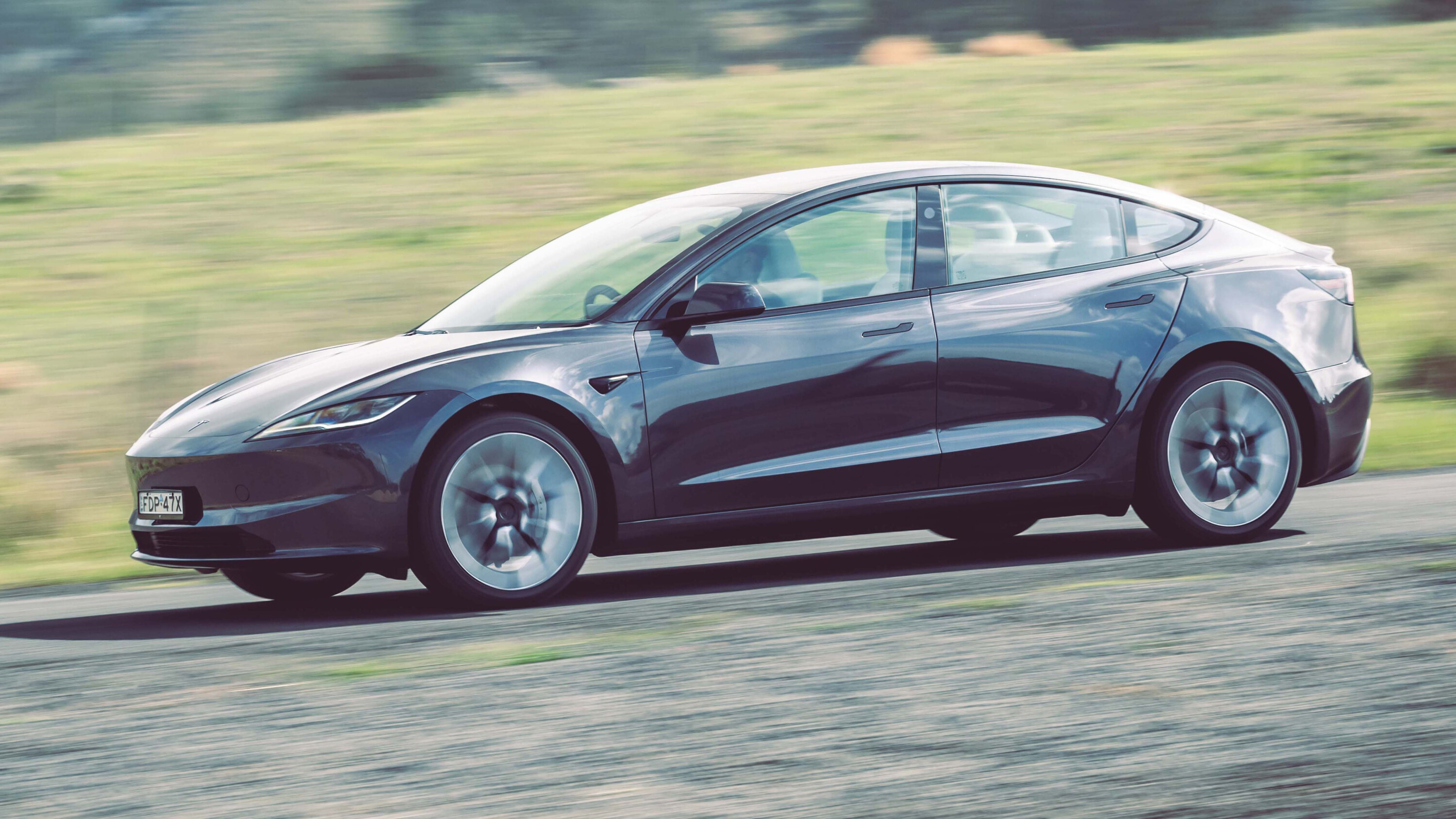
The Electric Vehicle Council has accused the FCAI of misleading the community and politicians.
“The FCAI has constructed a scenario where the car market doesn’t change at all from 2023 until the end of this decade, and layered exaggerated penalties over the top of that,” said EV Council chief executive Behyad Jafari.
Jafari said the FCAI’s own report “shows that the market, even without an emissions standard, will change dramatically by the end of this decade. And under that scenario, there will be minimal if any penalties received by the average car.”
Climate Change and Energy Minister Chris Bowen claims the NVES would save drivers on average $1000 per year on fuel, but has not released modelling on the impact on prices.
Federal opposition transport spokeswoman Bridget McKenzie called on the government to release its modelling, however, and said there’s no need for Labor’s “extreme carbon tax” on cars if most new cars sold in 2030 will be EVs or hybrids regardless of an emissions standard.
We recommend
-
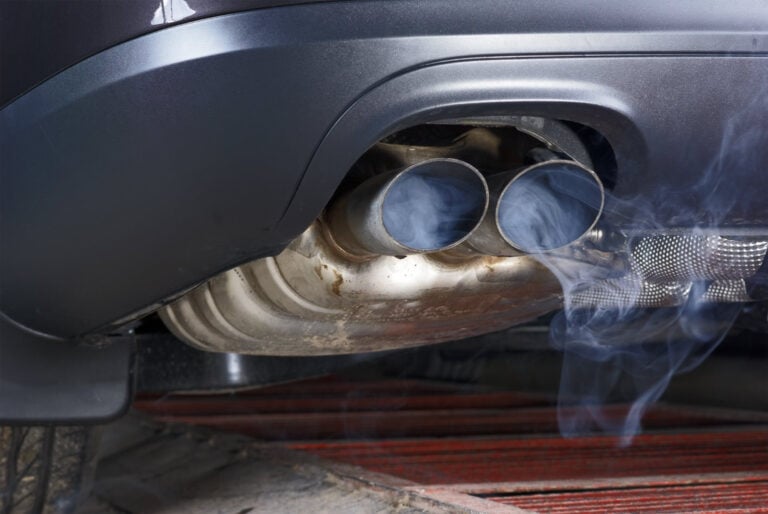 News
NewsUnpacking Australia’s New Vehicle Efficiency Standard: What does it mean for you?
What options do we have for Australia's upcoming fuel efficiency standards?
-
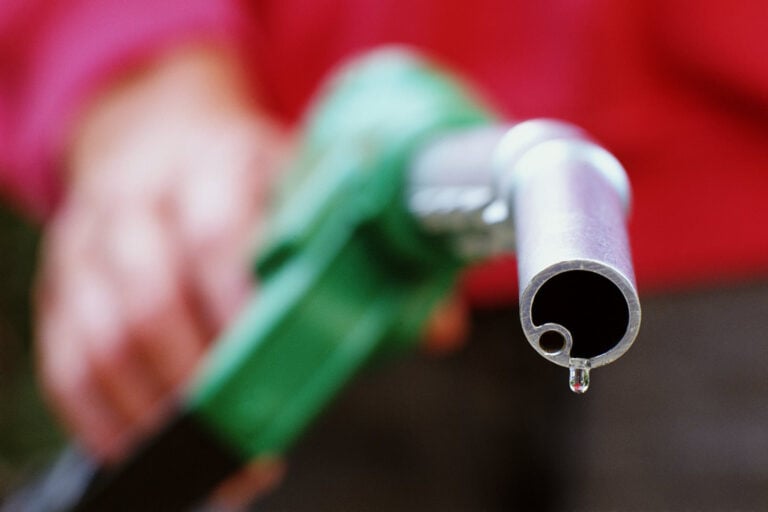 News
NewsClimate Council expects significant fuel savings under proposed NVES
NVES will cut new car-buyers fuel bills, according to Climate Council
-
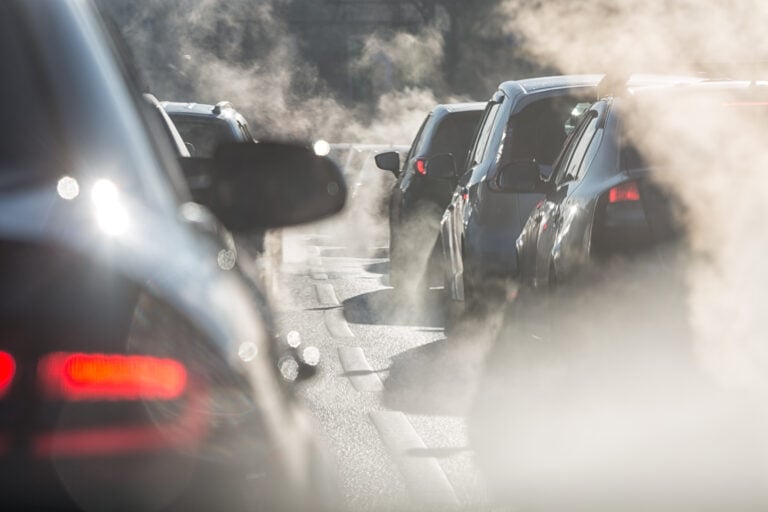 News
NewsTougher emissions standards mandated for Australian new cars from 2025
Euro 6d noxious pollution limits coming to newly-introduced vehicles from December 2025, fuel quality rules also tightened


